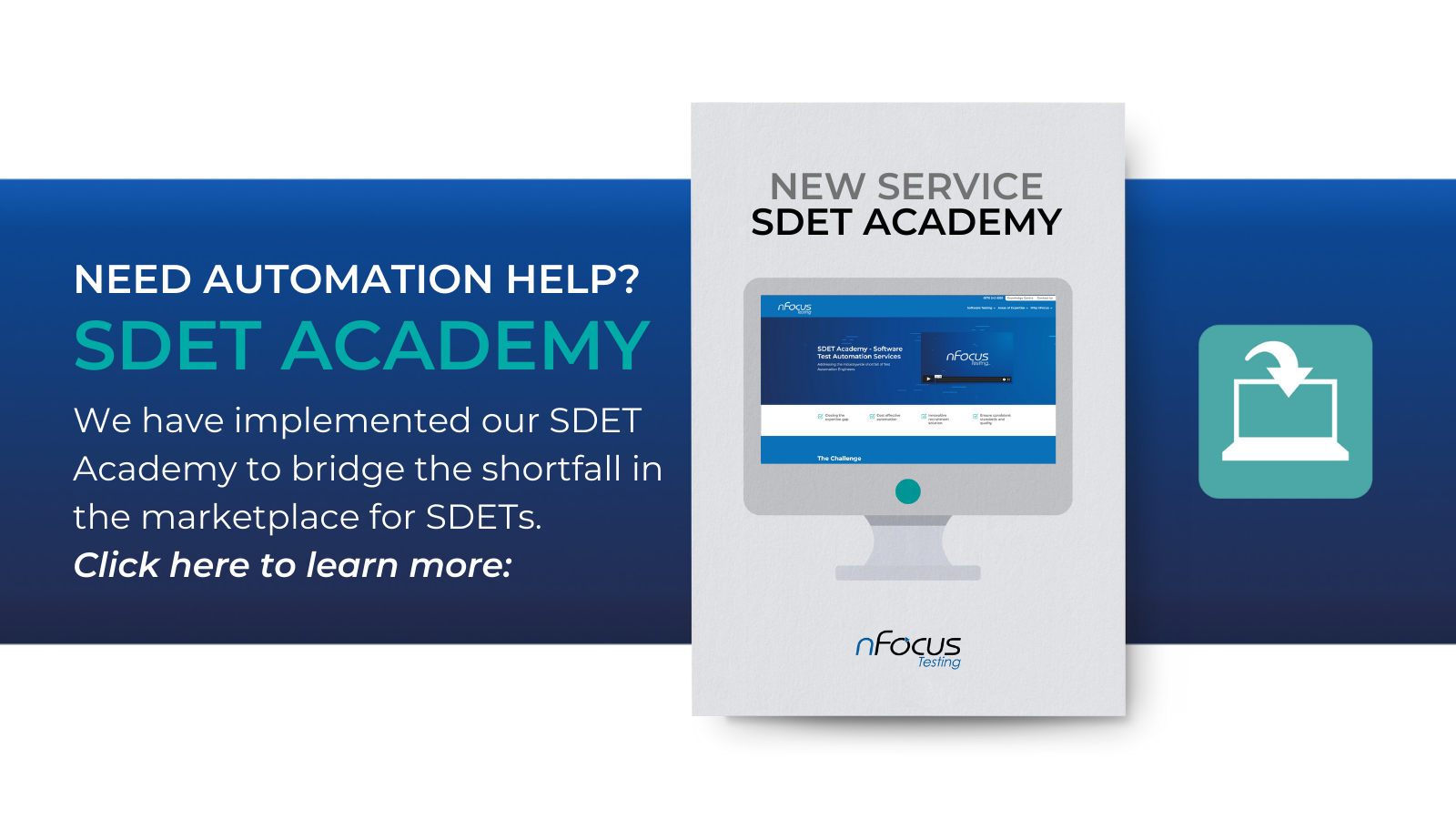What Are the Three Golden Rules?
Performance testing is simple, right? Well, those who do it will beg to differ. There are some performance testing basics you need to get right first before embarking on the journey.
 Rule 1 - Ownership
Rule 1 - Ownership
A lot of parties have an interest in the outcome of a performance test, but who should be responsible for the performance test? Software vendor, hardware vendor / hosting centre, the client or specialist suppliers / consultants?
It is more common than you would like to think that the client has failed to tie anyone down to a meaningful (i.e. measurable) Service Level Agreement when a problem is detected. The hosting centre says they cannot be responsible for the performance of another company’s application. The software vendor says they are not responsible for the specification and delivery of the hardware and therefore cannot guarantee performance. And so, it goes on…sound familiar yet? You need to get to a point where ownership is understood and agreed.
Rule 2 – Timing
Performance testing should be planned as early as possible in the Development Life-cycle and given sufficient airtime to be done properly. Doing testing earlier increases the probability of pre-production performance tests passing, but this does create challenges; like only small data volumes available, wrong data sets (artificial test data sets), software changing necessitating re-recording and re-development of load/performance test scripts etc.
Typically, the performance testing approach tends to be a big bang towards the end of the project. This makes it difficult because there is less time left in the project life-cycle and a lot of technically difficult large scale processes must be executed – perhaps for the first time. Couple this with project slippage and performance testing getting squeezed and you’ll have a larger problem on your hands, so always allow sufficient time for performance testing.
Rule 3 - Tooling
Using the right tool is vital to the success of the exercise and for future projects. Picking a tool without performing a proof of concept is a risky strategy. Of course, there are licenced tools, supported and regularly updated, but these can be expensive. There are freeware tools, cheap, easy to use but often limited on functionality. There is a lot of choice out there and a lot that claim to do everything…just do your homework and check first that the tool will cover off your needs.
Being one of the UK’s longest serving and multi-award winning Test organisations we are totally 100% tools agnostic and will only recommend tools based on a set of strict criteria:
• Will the tool work across your current and future IT landscape?
• Will the tool scale as your organisation grows?
• Will the framework be robust enough to meet future objectives?
• Will the existing test team be able to maintain and enhance the tool?
• Will the tool give you both tangible and intangible benefits?
If you don’t have a performance testing strategy in place nor a single point of ownership you may come unstuck when faced with live performance issues. You will also struggle to perform sufficient triage to trace the error back to the route cause if you are unsure what everyone else is doing or has done to the system under investigation.
If you would like to know more about performance testing then please do call us, we would be glad to assist.








.png)
